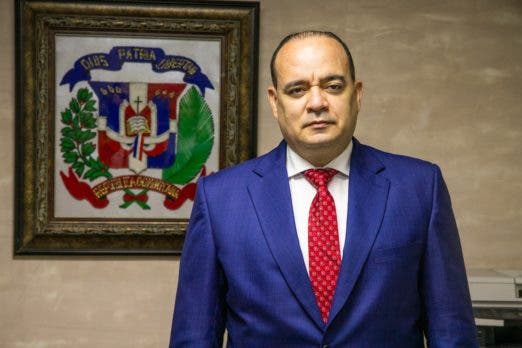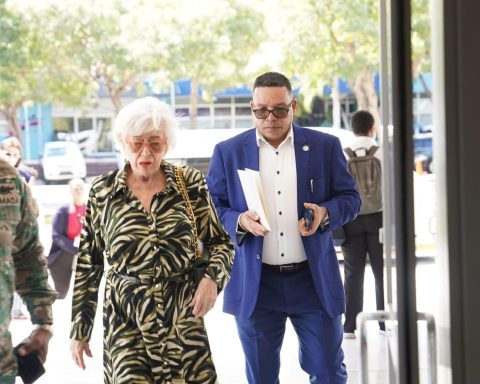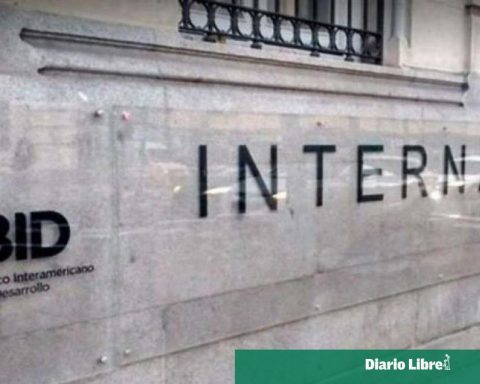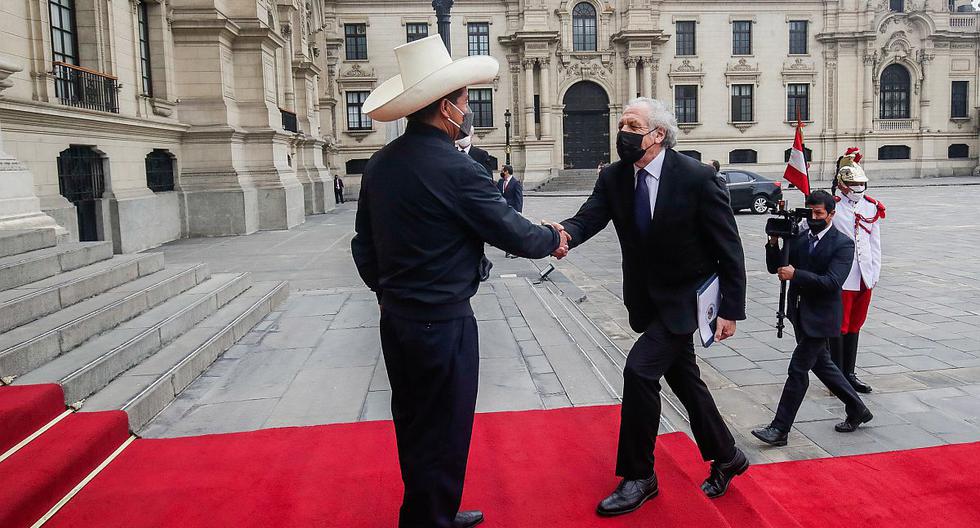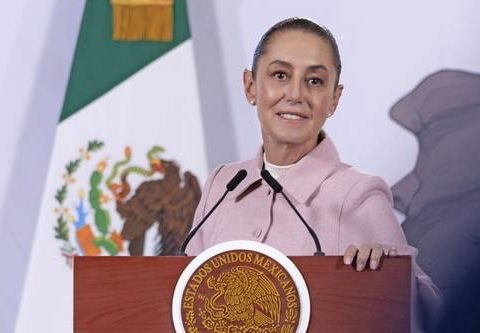The Dominican Republic Bar Association (CARD) mHe expressed his disagreement with the creation of the Ministry of Justice, announced by President Luis Abinader, on the understanding that it would force a constitutional reform.
The union warned that for the creation of this new body it would be necessary to modify article 175 of the Constitution, which enshrines the financial autonomy of the Public Ministry.
You might be interested in reading: CARD submits bodies and officials responsible for social security
The president of the CARD, Miguel Surun Hernandez, He said that this new ministry will constitute a dangerous institutional setback that would affect the independence of the Justice System as a whole.
“If this proposal is executed, the members of the Ministry will be simple employees of an entity appointed by the Executive Branch without the rigor required by the position of Attorney General of the Republic,” said the lawyer.
The legal professional recalled that in May of this year, the Bar Association deposited in the Chamber of Deputies a bill that proposes the appointment of the attorney general for a fixed period of four years, taking into account the tenure enshrined in article 173 of the Dominican Constitution.
Surun Hernández warned that they reject any project that weakens, violates or affects the independence and financial autonomy of a body such as the Public Ministry, which is vital for the administration of justice.
Can read: Prison suspended for deputy Sadoky Duarte for agent aggression
The trade unionist specified that the objectivity and independence of the accusing body is necessary to guarantee the rule of law enshrined in the Magna Carta.
Article 175 of the Constitution
Article 175.- Functions. The functions of the Superior Council of the Public Ministry are the following: 1) Direct and administer the career system of the Public Ministry; 2) The financial and budgetary administration of the Public Ministry; 3) Exercise disciplinary control over representatives, officials and employees of the Public Ministry, with the exception of the Attorney General of the Republic; 4) Formulate and apply the evaluation instruments of the representatives of the Public Ministry and the administrative personnel that comprise it; 5) Transfer representatives of the Public Ministry, provisionally or permanently, from one jurisdiction to another when necessary and useful to the service, with the conditions and guarantees provided by law, with the exception of the attorneys attached to the Attorney General of the Republic. ; 6) Create the administrative positions that are necessary for the Public Ministry to fulfill the powers conferred by this Constitution and the laws; 7) The others functions conferred by law.
